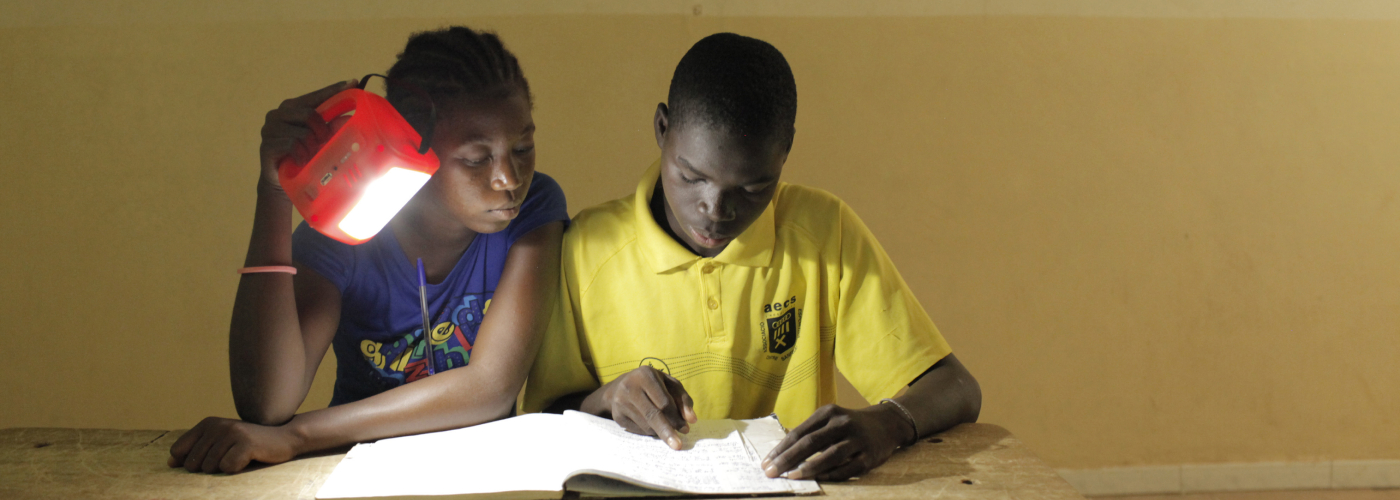This research proposal is based on the premise that it is necessary to include gender concerns in the political economy of energy access. In addition to a structural analysis of power in conventional concerns of political economy, we underscore the need for a gender analysis of political and economic processes to understand the strategic energy needs of rural women and men, who have experienced marginalization and exclusion in the development of energy infrastructure. The central research question is: how can rural women be empowered to gain access to modern energy services in both production and social reproduction? In our study of areas in India and Nepal, our analysis will rely on a mixture of qualitative and quantitative techniques and will take place at three levels: i) Macro, where the formulation of energy policies and programmes by central and state governments takes place; ii) Meso, where energy policies are implemented and administered by networks of the state, market and community and social norms that influence energy policies and practices; and iii) Micro, where energy services are delivered and used at the household level and where social norms define women’s access to and use of energy. These three levels cannot be looked at in isolation, but must be viewed in terms of their interaction in energy policy and practice. Importantly, women’s agency, through organizations of groups of women (SHGs and SCGs) and individually, will be looked at to see how they can influence both energy policy and practice. Throughout the research period, an effort will be to encourage government agencies and development partners as well as the private sector to recognize the potential of rural indigenous women, to engage with their experience and give them a voice in policy formulation, project design and the implementation of energy policies and programmes.
Document
 ?>
?>










Follow us on: